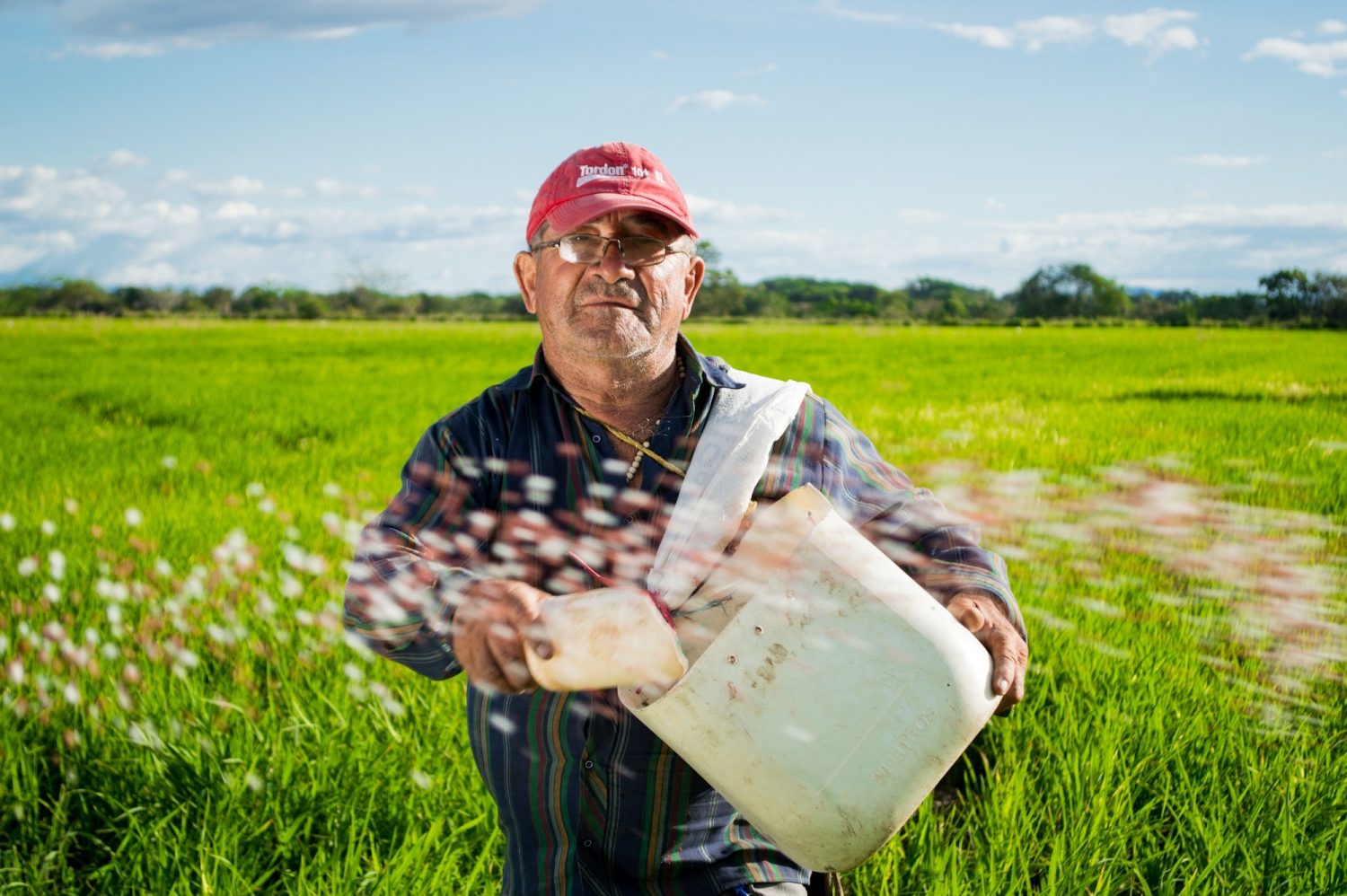Dementia in Rural Communities: Tackling Isolation
IFA GUEST BLOGGER: Ruby Clarkson is a freelance writer with a passion for helping others. She specializes in elderly care and loves sharing her writing with the world.
—

There are many benefits to living in a rural community but as residents get older, life can become a lot more difficult. For many older people – and their relatives – isolation can be a big problem, both affecting factors like quality of life, as well as overall general health. Dementia is not uncommon amongst older people, and it seems that isolation can be a factor in its progress, especially amongst older people. Whether you are farmer or a resident in a rural community, tackling isolation can be trickier than for those who live in urban areas.
People who live in rural areas are fiercely independent by nature, but also somewhat remote. This can make caring for them particularly tricky and often it is the families who take responsibility for their care. According to Helping Hands, who organise carers for people with dementia, “though there are chances for people requiring care to engage with others in a residential home or hospice, having the flexibility to choose their activities and when they want to visit other loved ones can make a huge difference to wellbeing.”
Living with Dementia in Rural Areas
Dementia is a set of symptoms which effect the brain. It can reduce a persons ability to think, problem solve, remember and communicate, and unfortunately makes these functions of the brain deteriorate over time. Alzheimer’s is the UK’s most common cause of dementia – although there are others.
For all families, the onset of dementia is very concerning, but this can be especially concerning for those who own farms. Just as for any other family, dementia can be distressing and difficult, but for farmers who rely on the farm for their financial survival, looking after someone who is suffering from dementia can add extra pressure. According to a study carried out by Plymouth University which looked at the experience of dementia in farming (including for farming families), there are four main areas of concern:
- The farm itself – the day-to-day running of a farm, animal welfare, food standards and operating machinery – for both people suffering from dementia as well as families trying to juggle the running of a farm with caring for a person suffering from dementia
- ‘Pride` and avoidance of asking for help – Many farmers or other people suffering from dementia try to hide or deny their concerns that they are ill. There is often worry about what might happen to the farm if someone stops working, Financial as well as labour concerns are very common for both the `farmer’ and the family.
Dr Claire Kelly, who carried out the study, commented that “farming and the farm itself are more than merely business interests; they are an important part of lifestyle and identity. There is therefore justifiable fear that a diagnosis of dementia can lead to the loss of the farm, the home and everything that is familiar.” - Support that is available – many farmers or their families are not aware of what support is available – and affordable for them. There are services available which can make life easier for everyone, but although they do tend to be focused on urban areas, there are some around.
- The changing of rural communities – with the increase in the use of technology, farming communities have been in decline over the past few years. This can lead to increased social isolation as well as fewer people to `check-up` on somebody.
Caring Options for People with Dementia
There are a few options for those who are suffering with dementia in terms of receiving outside care. It is important for families to be aware that there are options available – on a spectrum of one-off care worker visits, to regular visits or even a live-in carer, or going to a nursing home where there is 24-hour care available.
There is plenty of evidence to suggest that keeping people who are suffering from dementia in familiar surroundings is important to both reduce the distress of an illness which can be very frightening to those suffering from it, as well as to help to slow the illness’s progress down.
Having a carer who is experienced in dementia care can make a massive difference to both the sufferer’s quality of life, helping with anything that is needed – house-keeping, going out, helping with medication, helping with mobility, assisting with activities and hobbies – or just a friendly face for a chat.
In rural communities this company and specialist knowledge can be especially valuable, and families can choose whether they want a carer who comes over one or a few days a week, or as a live-in carer.
It is important for bother sufferers of dementia and family members to remember that you are not alone. Regardless of where you are living, there is help available.


